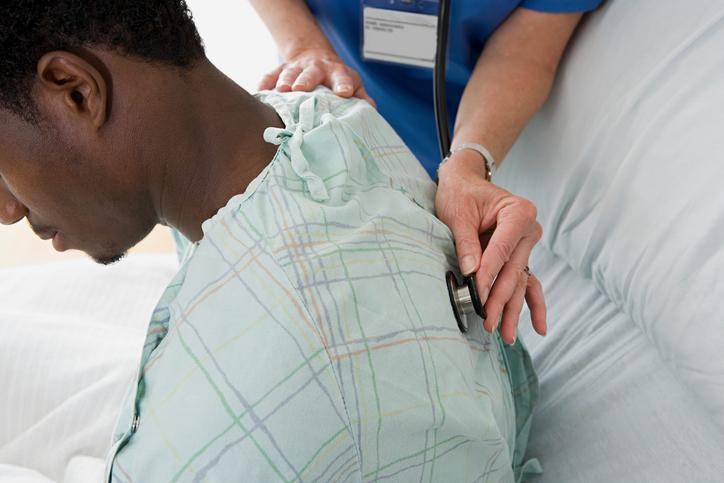
The Centers for Disease Control and Prevention (CDC) said late last week there is a new Salmonella outbreak linked to a dietary supplement containing moringa leaf powder.
So far 11 people in 7 states have been sickened in the Salmonella Richmond outbreak, including three people who required hospitalization. No deaths have been reported. Illness onset dates range from May 12, 2025, to September 4, 2025. Virginia has three cases linked to this outbreak, followed by Kansas and Florida with two each. Michigan, New York, and North and South Carolina have each reported a single case.
The CDC said all lot codes and best-by dates of Member's Mark Super Greens dietary supplement powder are affected. The powder was sold at Sam's Club stores nationwide and online.
Do not eat any Member's Mark Super Greens powdered supplements containing moringa leaf powder.
"Do not eat any Member's Mark Super Greens powdered supplements containing moringa leaf powder. Throw them away or return them to where you bought them," CDC said.
FDA says contamination comes from single lot of powder
The Food and Drug Administration (FDA) also published a recall notice for the powder, explaining the contamination was caused by a single lot of moringa leaf powder from Vallon Farm Direct PVT LTD of Johdpur, India.
"The implicated lot of moringa powder was supplied to multiple U.S. distributors," the FDA said. "FDA is working to determine the point of contamination and what additional products were made with the implicated lot of moringa leaf powder."













